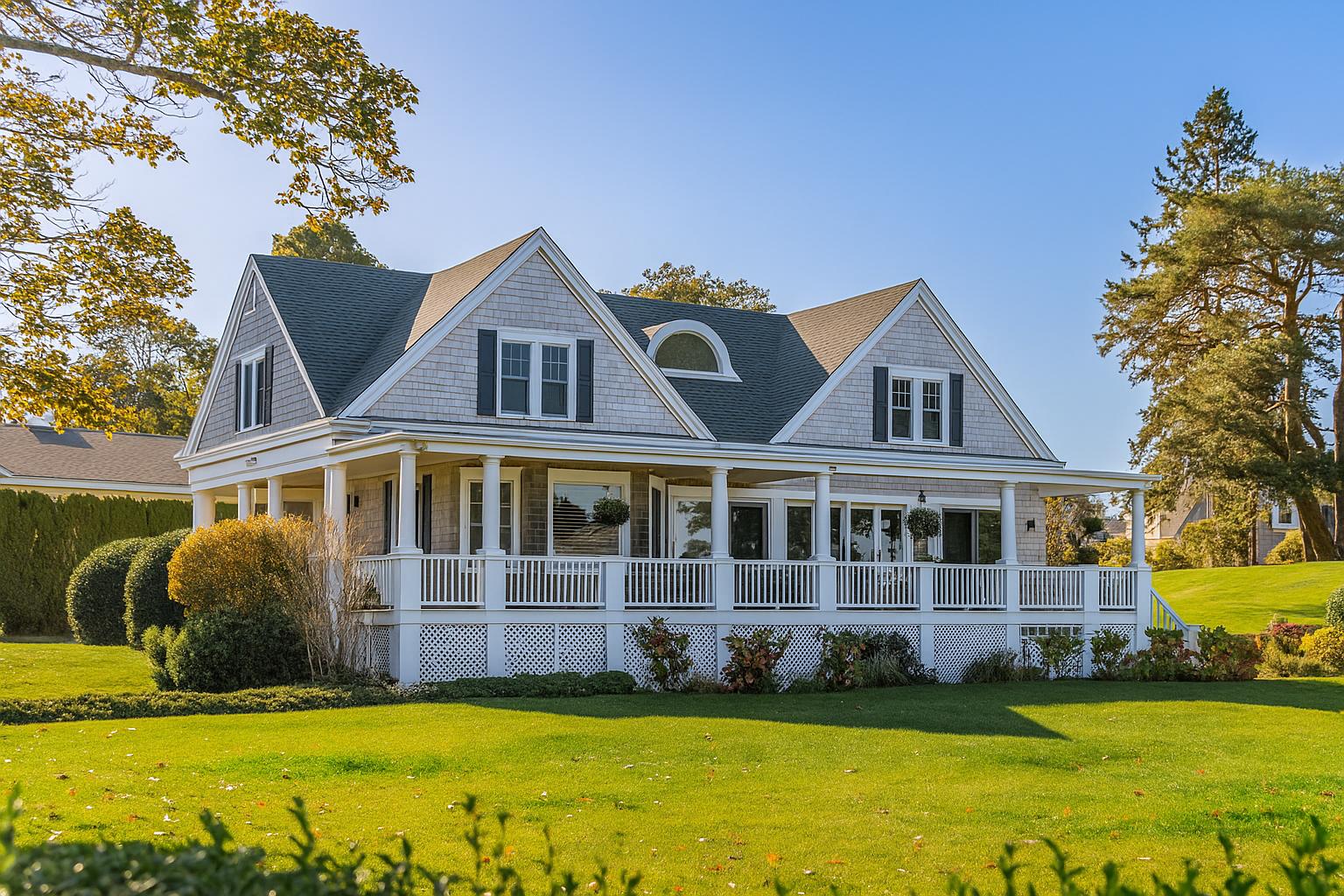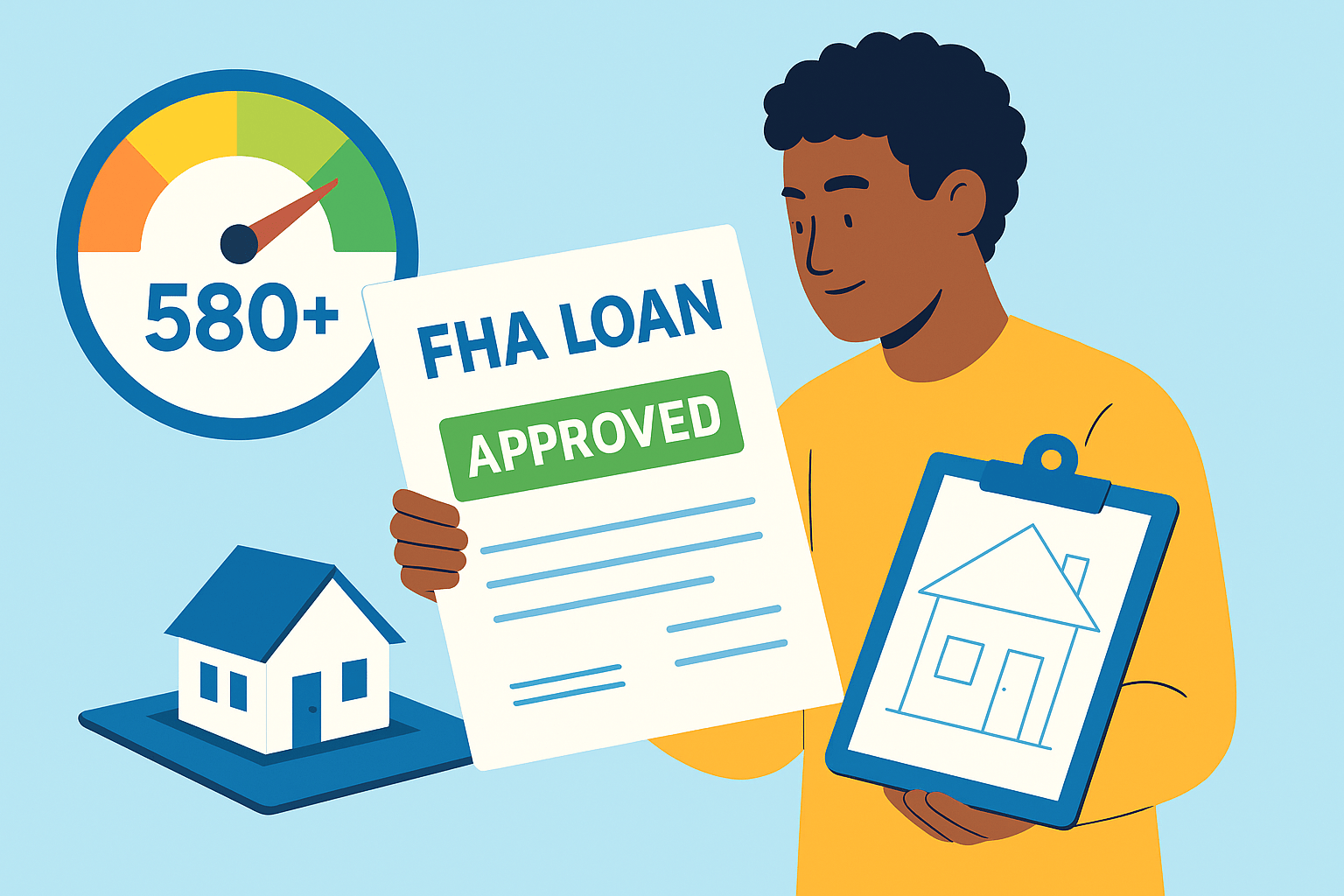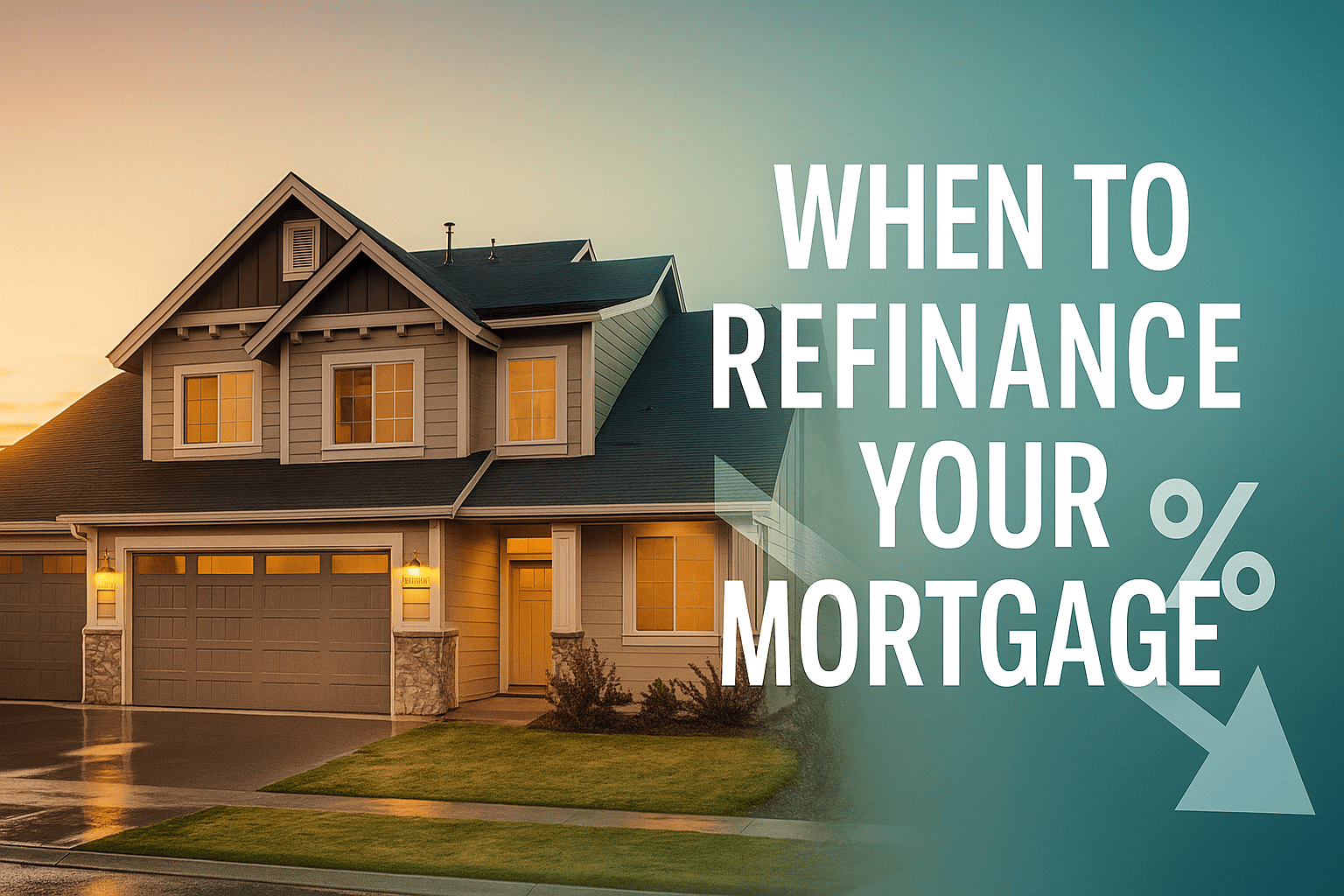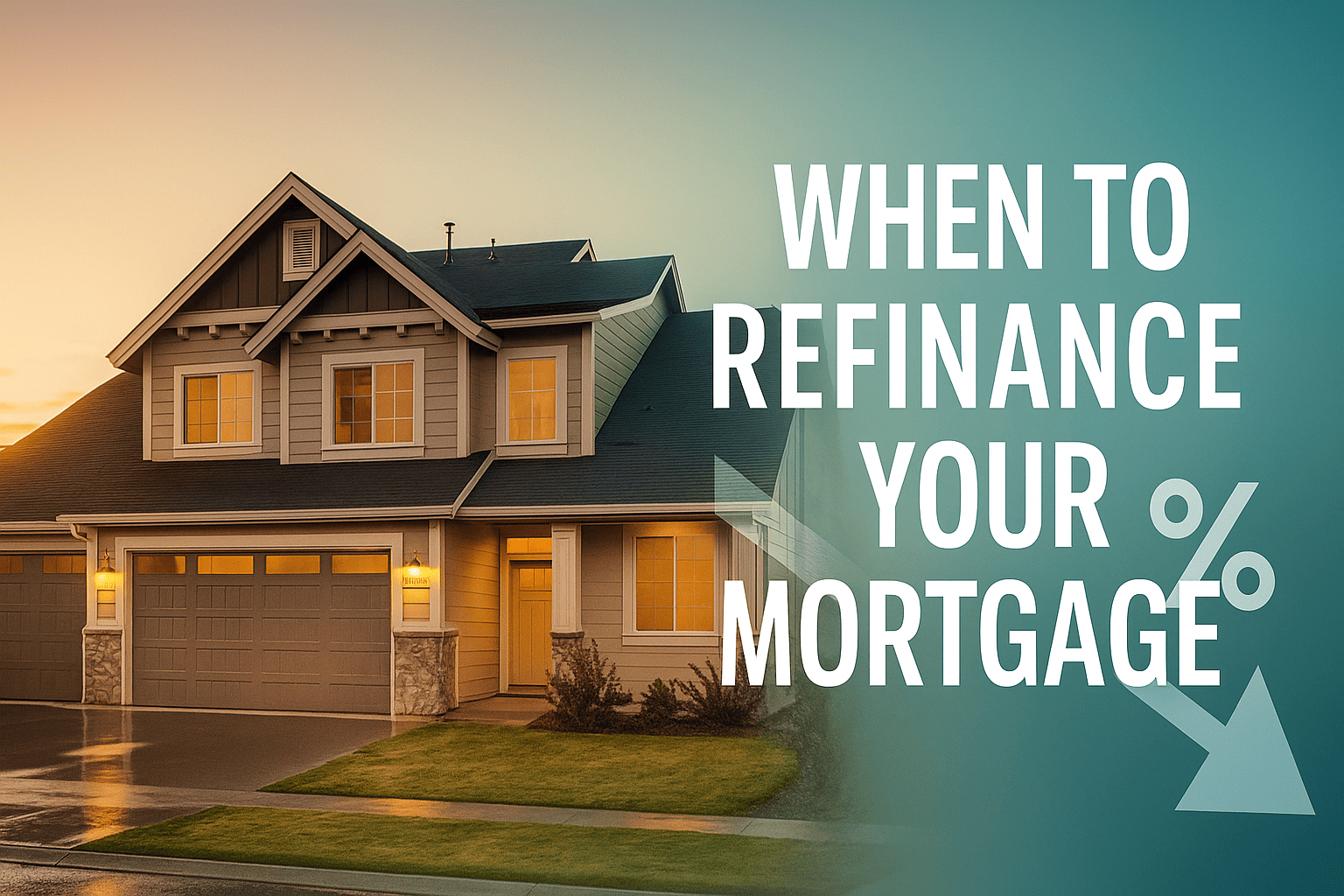Denver Down Payment Assistance Program
The Ultimate Guide to the Denver Down Payment Assistance Program for First-Time Homebuyers
Ready to plant roots in the Mile-High City but worried about that intimidating lump sum at closing? The Denver Down Payment Assistance Program (DDPAP) may remove the biggest hurdle—cash. This city-backed initiative can contribute up to $15,000 toward your down payment, transforming the dream of homeownership into a doable, numbers-based plan.
Why Down Payment Help Matters in Colorado’s Capital
Home prices statewide keep pushing boundaries. According to Colorado Association of REALTORS®, Denver County’s median sales price hovered around $550,000 in early 2024. A traditional 3%–5% down payment means fronting $16,500–$27,500 before you even think about appraisal fees or moving boxes. That’s precisely the funding gap the Denver homebuyer assistance program aims to bridge.
How Does the Denver Down Payment Assistance Program Work?
Think of the DDPAP as a flexible, low-interest silent partner. Here’s the framework:
- Soft Second Mortgage: The city lends you up to $15,000, secured as a subordinate lien. Payments are generally deferred until you sell, refinance, or pay off the first mortgage.
- Income-Based: Assistance scales on a sliding chart capped at roughly 100% of Denver’s area median income (AMI). That means a one-person household earning under the set AMI threshold can still qualify.
- Approved Lenders: Only city-certified lenders may originate first mortgages with DDPAP funds.
- Homebuyer Education: A HUD-approved course (often one Saturday) is non-negotiable but usually costs less than a month of streaming services.
One recent buyer, Samira, a 27-year-old nurse at Swedish Medical Center, packed away rent receipts and bought a 2-bedroom townhome in Mar Lee after receiving $14,250 in DDPAP funds. “Without the program,” she told our team, “I would’ve spent two more years saving.” That micro-victory is playing out across dozens of zip codes each month.
Eligibility: Who Qualifies for Denver Down Payment Assistance?
Not every borrower fits the mold, yet far more qualify than you might think. Check your own readiness against these major criteria:
- First-Time Buyer Definition: Haven’t owned residential property in the past three years.
- Income Limits: Household earnings generally must not surpass 100% of AMI (consult the city’s annual chart—updated every April).
- Credit Profile: Minimum mid-score usually 620–640; lenders may overlay stricter scores, so shop around.
- Primary Residence: The property must be inside Denver city/county limits and owner-occupied.
- Price Cap: Single-family homes, condos, and townhomes must fall beneath the program’s purchase-price ceiling (roughly $640,000 in 2024—check latest figures).
By aligning these levers—income, credit, location—you unlock an avenue many Coloradans overlook.
Semantic Snapshot of Common Criteria Questions
The city website (DenverGov.org) hosts granular rules, but here are quick takeaways:
- A roommate’s rent does factor into reported income if you’re applying jointly.
- Self-employed? Expect to provide two years of tax returns and a year-to-date profit-and-loss statement.
- Gift funds from family may pair with Denver DPA Program dollars, boosting your total down payment.
Top People-Also-Ask Questions Answered
Does the Assistance Have to Be Repaid?
The short answer: yes, but not right away. DDPAP financing operates as a deferred second mortgage. You’ll repay the original principal—plus modest interest—only when you:
- Sell or transfer the property
- Refinance the first mortgage
- Reach the end of the 30-year loan term
Because no monthly payments accrue during ownership, the loan acts more like a patient investor than a payday lender. Many graduates who stay in their homes five or more years see healthy appreciation, allowing them to repay DDPAP comfortably from equity proceeds.
How Do You Apply for the Denver Down Payment Assistance Program?
The application path threads through approved lenders and city housing partners. Picture three sequential steps:
- Select a Lender: Review the roster of DDPAP-certified banks and credit unions. Not every big-box lender is enrolled.
- Complete Education: Register for a CHFA or HUD-approved homebuyer class, obtain your certificate, and keep it handy—it expires after one year.
- Submit Paperwork: W-2s, bank statements, pay stubs, and your application flow through the lender, who packages the request to the City’s Department of Housing Stability.
Pro-tip: Initiate the process 30–45 days before touring homes. Funding allocations run on real calendars; you don’t want bureaucratic speed bumps jeopardizing your closing date.
Program Benefits at a Glance
- Boosts purchasing power without encouraging over-leverage.
- Combines with FHA, VA, USDA, or conventional first mortgages.
- Interest rates on the soft loan are typically 0%–3%; check current term sheet.
- Pairs with other regional offerings such as CHFA’s SmartStep DPA or employer-based grants.
Imagine lugging a backpack on a fourteener. Would you rather scramble up with 40 pounds of cash savings or lighten the load with city funding? The metaphor rings true at closing tables citywide.
Comparing Denver’s Down Payment Grant to Other Colorado Options
| Program | Max Assistance | Repayment Structure | Geography |
|---|---|---|---|
| Denver Down Payment Assistance Program | $15,000 | Deferred second mortgage | Denver city/county |
| CHFA SmartStep Plus | Up to 4% of first loan | 0% second lien; forgiven after 3 years | Statewide |
| Boulder Homeownership Program | $50,000+ | Shared appreciation | Boulder city limits |
The takeaway: While the CHFA option may forgive debt sooner, it often yields less cash up front. The Denver down payment grant focuses on delivering a tidy, predictable lump sum without slicing future appreciation.
Hidden Advantages Most Buyers Overlook
- Lower Mortgage Insurance: A larger down payment may push you across a pricing tier, trimming monthly PMI by $30–$60.
- Stronger Offers: Sellers sometimes perceive city-backed funds as more reliable than gift funds due to structured underwriting.
- Equity Cushion: With more cash in the deal, a mild market dip won’t trap you underwater.
That trio of benefits compounds over time, turning a moderate condo purchase into the stepping-stone for your next home.
Quick-Hit FAQ
- What credit score do I need?
- Most lenders require 620+. Some portfolio programs ask for 640.
- Can I combine DDPAP with VA loans?
- Yes. The assistance covers closing costs or serves as additional down payment even on 0%-down VA financing.
- Is there an asset cap?
- If liquid assets exceed $50,000 post-closing, eligibility may fade. Retirement accounts often exempt.
- Does the home inspection differ?
- Standard third-party inspections apply; the city doesn’t add special checklists.
Action Plan: Your Next Three Moves
1. Check Income Bands: Review the 2024 AMI table and confirm you’re under the limit.
2. Book a Class: Secure a seat at the next HUD-approved course before they sell out.
3. Interview Lenders: Ask at least two certified lenders for loan estimates that include Denver first-time buyer assistance.
Momentum favors the prepared. Each week you wait, interest rates and home prices may shift, nudging your monthly payment north.
Ready to Secure Your Denver Address?
Our mission is to keep Coloradans informed and empowered as they step onto the property ladder. If the Denver Down Payment Assistance Program feels like the missing puzzle piece, let’s connect you with a vetted lender and fast-track your application. Reach out today—your mailbox with mountain views might be closer than you think.
Explore More Blog Posts
Checkout more similar posts those will help you to choose better property.












 Profile
Profile Password
Password Saved Properties
Saved Properties Sign Out
Sign Out
 +0.01
+0.01
 -0.15
-0.15

